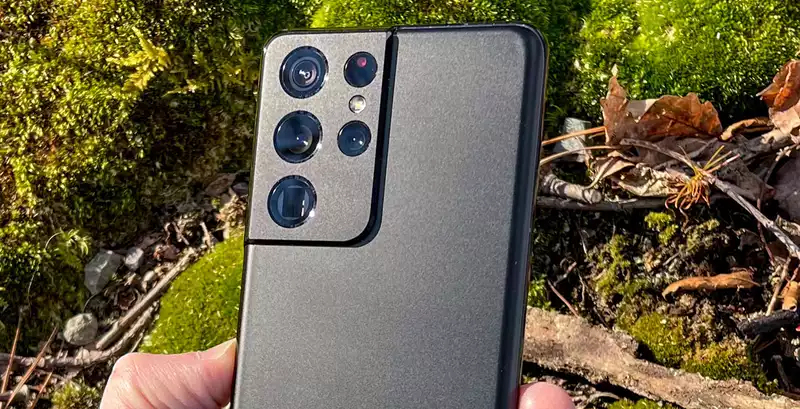Samsung is about to reap the benefits of upgraded camera hardware.
The maker of the super-strong Gorilla Glass has announced two new types of glass with DX and DX+ technology: glass designed to cover the camera lens and enhance the overall quality of your snapshots. And future Samsung phones will be the first to feature this glass.
Technically, DX is a composite material, not actual glass, and has actually been in use since 2018. The composite itself is a thin layer of glass fused with a variety of different coatings. It is a coating that makes the glass more durable and adds anti-reflective properties.
However, this is the first time this has been used in a smartphone camera. The goal was to make the glass as durable as sapphire without limiting the amount of light transmitted.
Usually, this type of improvement has a negative effect on light transmission, which is not a good thing. After all, the less light that reaches the lens, the worse the picture will look. However, according to Corning, the new glass is not only more durable and scratch resistant, but also allows "98% more light to be captured.
Samsung plans to be the first company to adopt this new camera glass, but it is not at all clear which devices will get the treatment; rumored to be announced at Samsung Unpacked on August 11, the Samsung Galaxy Z It may be too late to expect it to be included in the Fold 3 or Galaxy Z Flip 3.
However, the timing may be right to see the new glass in the Samsung Galaxy S22 series, which is expected to arrive in early 2022.
The glass itself won't do much to improve the quality of your photos by itself. However, scratches on a camera lens can negatively affect your snapshots, and the more scratches you get, the worse it gets. Anything you can do to protect your lens should be done, especially now that there are so many lenses out there.
After all, that's why you can't buy specialized camera lens covers for more popular phones like the iPhone 12 or Samsung Galaxy S21.
Having a scratch- and damage-resistant camera glass is important, and Corning has worked to ensure that this strength does not sacrifice the camera's most important feature.










Comments